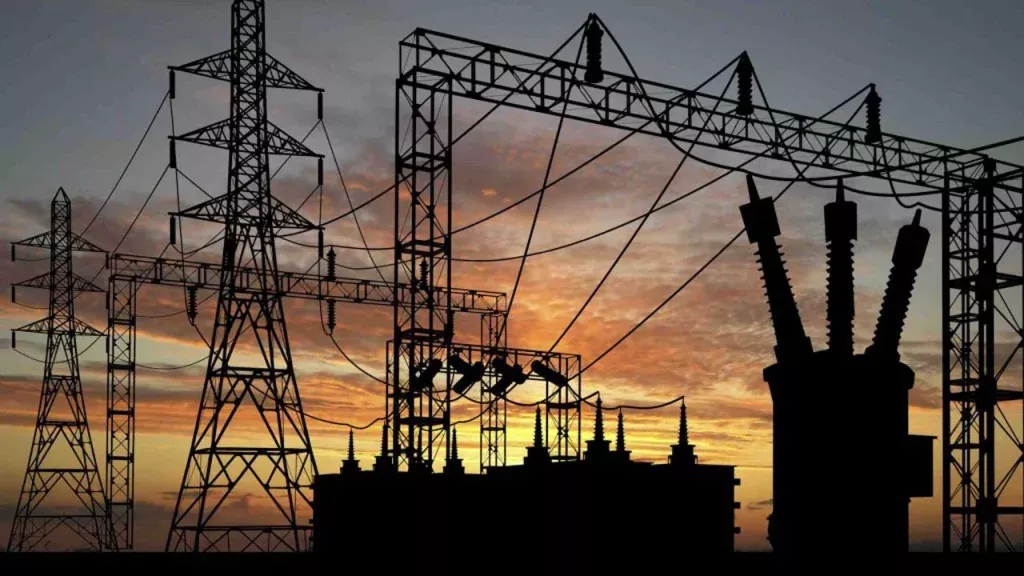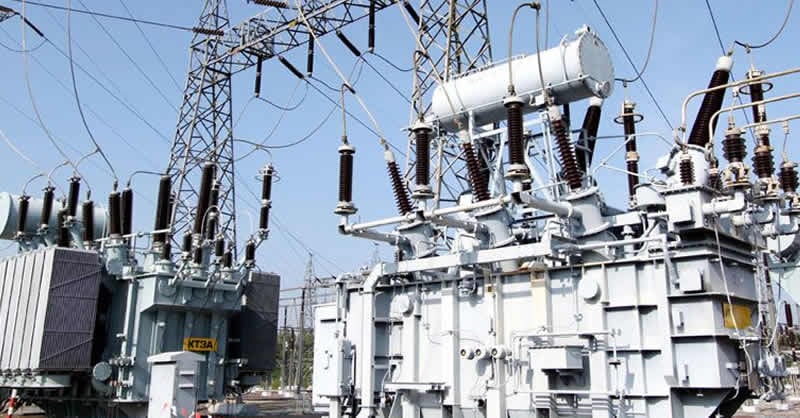The Government of Senegal, in partnership with the World Health Organization (WHO), has unveiled a groundbreaking regional health emergency hub in Dakar. This initiative aims to enhance the African region’s capacity to respond promptly and effectively to health crises, with a primary focus on saving lives.
In light of the profound lessons drawn from the COVID-19 pandemic, WHO in Africa has been diligently collaborating with regional countries over the past two years, striving to establish decentralized emergency response systems. The overarching goal is to ensure a swift and coordinated response to health crises, marking a pivotal step forward in safeguarding the wellbeing of communities across the continent. As part of this transformative initiative, WHO has set out to establish three emergency hubs in the region, with the hub in Dakar being the second of its kind after the successful launch of the Nairobi health emergency hub in 2022. Additionally, a health emergency hub is also scheduled to be inaugurated in Pretoria in 2024.
Amadou Ba, Prime Minister of Senegal, highlighted the significance of this hub, emphasizing its multifaceted functions, including the strategic pre-positioning of emergency health supplies. He underscored how the hub will enable the WHO Regional Office for Africa to provide vital support to countries affected by health or humanitarian crises in a more structured and expedited manner.
The African region is no stranger to health emergencies, grappling with the highest number of health crises globally each year. As of November 2023, the region was contending with over 130 disease outbreaks, with more than 33 million people in West Africa’s Sahel region across six countries urgently requiring life-saving humanitarian assistance.
Crucially, the aim of the regional emergency hubs is to significantly reduce the delivery time of life-saving and effective emergency response to countries after a public health event has been declared. The goal is to slash this timeline from an average of 45 days to a mere three days, a pivotal endeavor that can make a substantial difference in ameliorating the plight of individuals affected by crises and effectively controlling and halting disease outbreaks.
Furthermore, these health emergency hubs will serve as centers of excellence, with an ambitious target of training over 3000 African experts. This endeavor seeks to equip these experts with essential technical skills crucial for mounting an effective response to health emergencies. Each of the three centers has a specialized function, capitalizing on the unique advantages offered by each host country.
Dr. Matshidiso Moeti, WHO Regional Director for Africa, expressed sincere appreciation to all those involved in establishing this critical facility. She emphasized how the work through this hub aligns with the current global push towards emergency preparedness, vaccine manufacturing, supply chain efficiency, and the development of effective tools to better respond to public health crises.
The Senegal hub specializes in supply chain management, data analysis, innovation, and information management, while the hub in Kenya focuses on the development of emergency medical personnel. The hub in South Africa specializes in research and development, as well as genomic surveillance.
Notably, since the operationalization of the temporary warehouse in Nairobi in September 2022, the delivery time of critical emergency health supplies and equipment within the region has dramatically reduced from at least three weeks to an average of three days. The deployment of responders has similarly been expedited.
The Government of Senegal has demonstrated its commitment to this endeavor by allocating five hectares of land for the construction of the Regional Emergency Hub in the outskirts of Dakar. The 8000-square-meter building boasts a 100-person office space, underscoring the scale of this ambitious undertaking. Additionally, the government has earmarked a 5000-square-meter container yard and is streamlining the customs clearance processes for inbound and outbound supplies, ensuring swift and seamless operations.
Both the hubs in Kenya and Senegal feature a warehouse for prepositioning medical supplies and equipment, a state-of-the-art training facility, an infectious diseases unit, an emergency response simulation facility, and a training camp for health emergency first responders. These state-of-the-art facilities are poised to greatly enhance the region’s capacity for responding to health crises with speed and efficiency.
It’s worth highlighting that the Regional Emergency Hubs will work closely with partners and the broader United Nations ecosystem to bolster support for countries in times of need. Furthermore, WHO is forging a close collaboration with the Africa Centres for Disease Control and Prevention to fortify emergency preparedness and response, as well as health systems across the continent.
In conclusion, the launch of the regional health emergency hub in Dakar marks a significant milestone in the collective efforts to bolster Africa’s resilience in the face of health crises. The collaboration between the Government of Senegal and WHO signifies a powerful commitment to prioritizing the health and wellbeing of the people in the region, serving as an exemplar of proactive and strategic action in safeguarding lives and livelihoods.



